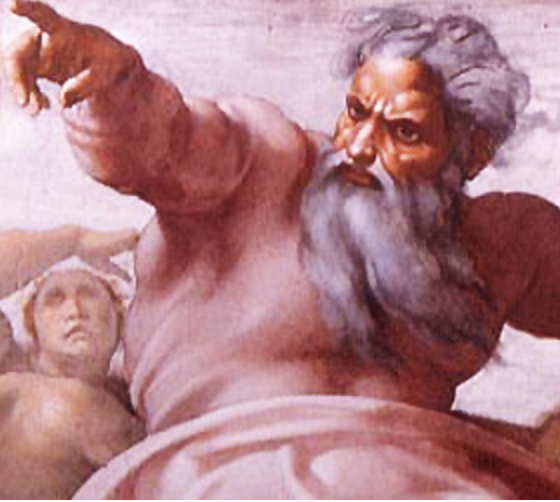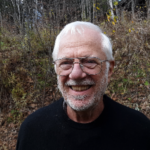The 60s and Today

Our understanding of God is impacted by the historical context in which we live, and often changes with the season. A comparison of the 1960s with today is a case in point. It is also a span of time that brackets the theological journey of some of us, including myself.
It was almost 60 years ago in 1963 that I started a three year course of study at Union Theological Seminary in NYC. Imagine 200-300 future pastors, theologians, and musicians, all would be revolutionaries, along with their spouses and a few children, living and learning together in a Gothic quadrangle in Manhattan, but a few blocks from Harlem, surrounded by theological dialog, and immersed in both the excitement and horror of the 60’s. We gathered in the evening to hear Walter Cronkite and Eric Sevareid detail the latest body count from Viet Nam, describe the confrontations between justice-seeking Blacks and hostile Whites in the north, and show us freedom-singing Blacks attacked by night sticks, dogs, and fire hoses in the south. Martin Luther King Jr inspired us with the voice of God. The culture war, embodied in long hair, beards, and free sex, challenged and threatened the status quo of the 50s established after WW2. It was all happening at once.
And there was hope. Hope not as against the odds, but hope as knowledge and expectation that a new day was in fact arriving. Too often we remember the 60s as a time of turmoil, and it certainly was that. But it was also a time of great hope, at least in my corner of the universe. Dylan was singing about how the times they were a-changing. Demonstrations were everywhere. Freedom and justice were on the march. The old was passing, and the new seemed just around the corner. And a beacon of this certainty was Union Theological Seminary in the heart of it all, an embodiment of community, faith, dedication to right the ills of the world, and the expectation that we were and would continue to be part of that divine process. It was not naive, -after all Reinhold Niebuhr with his Christian Realism had taught there for 30 years-, but neither was it down-hearted, because, after all, we were working with God. Certainly Union was not alone in this optimism. It was everywhere.
The theological bedrock of this hope was the belief that God was active in history, doing things in the political arena to bring about justice and freedom. Actively political, that’s who God was, leading the Hebrews out of Egypt into the Promised Land, leading today’s dispossessed into a new promised land. That vision informed progressive theology of the time, inspiring a whole generation to hope and to carry on the divine purpose.
But something happened, or rather, did not happen along the way. Life continued as it had, with the rich and powerful becoming even moreso, culminating in today’s morass. Parochialism and nationalism are on the rise. Out-of-control irrationality, conspiracy theories, and rejection and distortion of truth, all throw into question our ability to deal with the crises facing all of us. Half of Americans refuse vaccination while poor countries remain unable to even get it. The earth becomes hotter and our collective ability to reverse the process requires a collaborative perspective that seems beyond our ability. Racism, sexism and suspicion of the “other” are as strong as ever. Of course there is anecdotal evidence of all the good things that are happening, but if one had to offer an overall judgment about the direction of the US, if not the world, optimism would come hard. The broad scope of the 60s hopefulness about the future of the planet has given way to a much more disheartened- some would say realistic- perspective today.
The basic question for Christianity is whether our view of God has changed, and it seems it has. God has a dual nature, as Person and as Being, as One who loves, on the one hand, and as the Ground of all that is, on the other, and the duality of this historical/ontological Presence can neither be understood nor explained. It is a mystery that just is. If one emphasizes the political activity of God, one tends to ignore the givenness of what is, thereby hoping for more than is possible. In retrospect, I think this is what happened in the 60s, including the theology at Union. We became overly optimistic, somewhat but not totally like the Social Gospel of the 20s that expected the imminent arrival of the Kingdom of God. We today may be making the opposite mistake, ignoring the active involvement of God in history, and focusing on Being, of which we all are a part.
Personally, if we have to indicate a preference, I prefer emphasizing the involvement of God in history, and speaking of a God who is active in this world to make things right. This is the prophetic tradition that leads directly into social change. The world today needs this prophetic critique more than ever, and Progressive Christianity is and will continue to be one of those voices.

